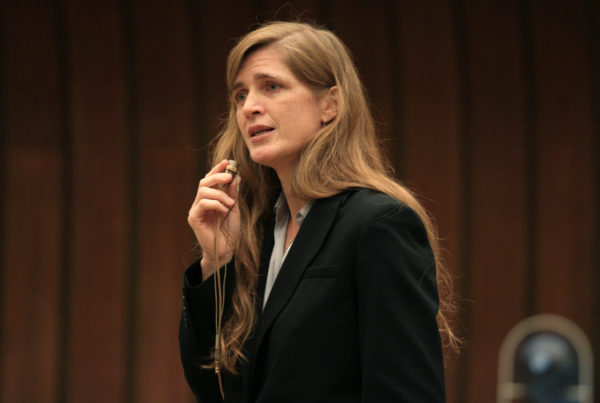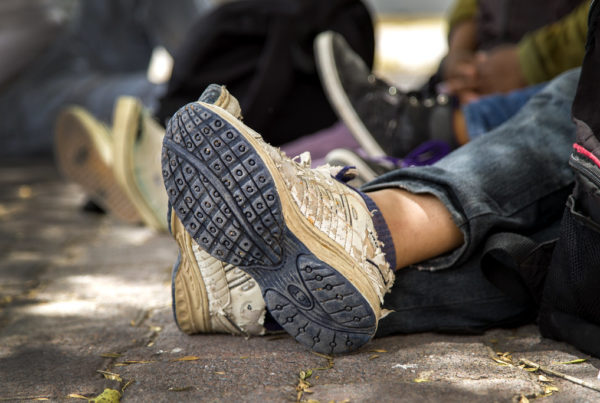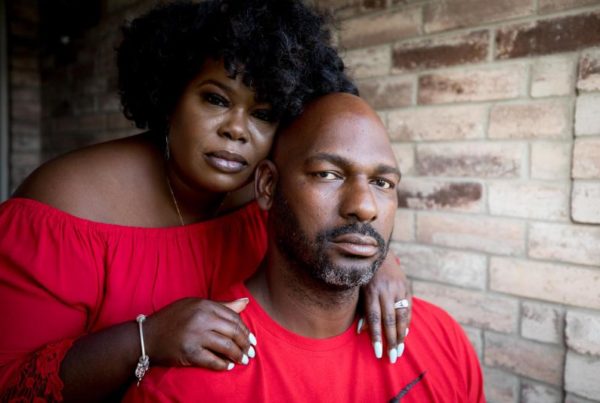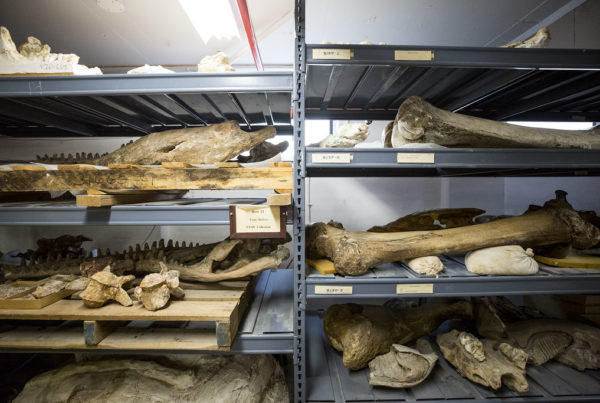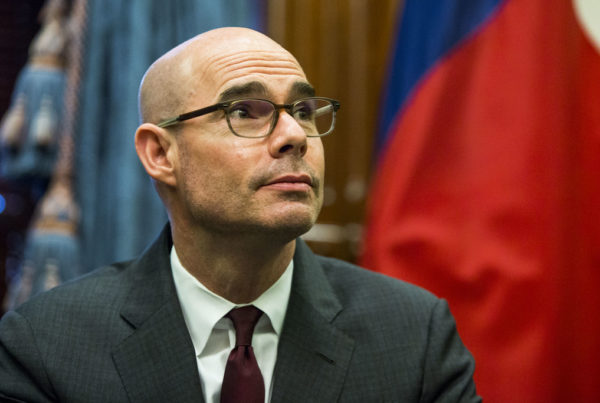The atmosphere in Chile continues to be tense, especially in the capital Santiago, as protestors clash violently in the streets with government forces. The United Nations is sending human rights monitors there. And as of Thursday, 18 people have been confirmed dead and thousands have been arrested. The crisis began after Santiago increased subway fares. But the conflict has since spread, and is rooted in deeper problems.
Mark Jones is a political science fellow at Rice University’s Baker Institute where he holds the Joseph D. Jamail Chair in Latin American Studies. He says the fare increase only amounted to about 4 cents. But protesters’ grievances are go back as far as the coup that overthrew a socialist leader in 1973, which resulted in multi-decade rule by dictator Augusto Pinochet.
“Pinochet’s military dictatorship then implemented a very strong neoliberal model that is seen by economists as the ideal model, or optimal model, for Latin America because it dramatically improved living standards in Chile,” Jones says.
While Pinochet’s economic policy drastically reduced poverty, it also exacerbated income inequality. Chile is the seventh most unequal country in the world, Jones says. Symptoms of that inequality include limited access to health care and education.
A neoliberal economic model emphasizes free markets and open trade over support for unions or other policies that favor workers.
“You have the government maintaining relatively limited services, and you essentially let market forces determine everything from pensions to education to health care, in many respects,” Jones says.
For retirees whose pensions aren’t keeping up with the cost of living, and young people who can’t find work opportunities, the Chilean economic model isn’t working, Jones says.
“I think what it says is that a neoliberal model, when taken to an extreme, can create such a level of inequality that, eventually, people protest, and can eventually break the system,” Jones says. “So if you want to keep the neoliberal, or capitalist model, working, you also have to recognize that you have to look out for those who have the least.”
Written by Shelly Brisbin.




